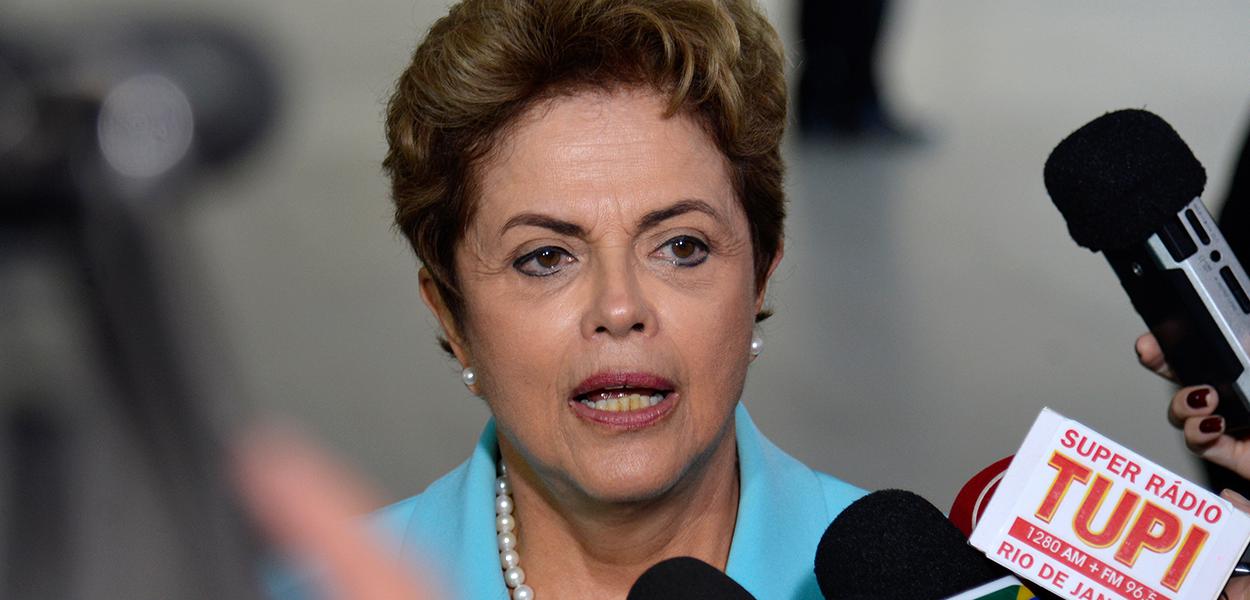Brazil’s Supreme Court STF upheld former President Dilma Rousseff’s political rights. The ruling came after her 2016 impeachment over alleged fiscal misconduct.
An ongoing Petrobras corruption investigation is also in play. Six judges announced their support first.
These include Rosa Weber and Alexandre de Moraes, among others.
This STF decision responds to a lawsuit from multiple lawmakers. They questioned a previous ruling by the House of Representatives.
The Senate didn’t achieve an absolute majority in their impeachment vote. Thus, Rousseff maintained her political privileges.
She was ousted from the presidency in 2016. Both legislative houses accused her of “fiscal backpedaling,” an accounting trick to inflate revenue.

In 2018, Rousseff attempted a political comeback. She ran for a Senate seat in Minas Gerais but failed.
However, 2023 marked a turning point. President Luiz Inácio Lula da Silva took office again. Under his administration, Rousseff’s political value surged.
She now heads the BRICS Bank until 2025. In Brazil, many view this as her vindication. Even past adversaries acknowledge their mistake in supporting her impeachment.
Background
The court’s ruling is seen as a watershed moment in Brazilian politics. It signals judicial restraint in matters of political and public concern.
This could set a precedent for how Brazil’s judiciary interacts with political issues moving forward.
President Lula’s return to power also plays a role. It seems to have rejuvenated Rousseff’s political career.
The alignment between the two is unsurprising, given their shared party and ideology.
This collaboration might usher in a unified front for their party, focusing on various regional and global issues.
Rousseff’s new role in BRICS also points to Brazil’s strategic aims. It’s looking to strengthen its position within this group of emerging economies.
The bloc includes Brazil, Russia, India, China, and South Africa. Rousseff’s leadership may steer Brazil towards more assertive policies in areas like trade and global governance.
Public opinion remains divided. Some view the court’s decision as justice served, while others see it as a political maneuver.
However, the ruling and her new appointment signal Rousseff’s resilience. This could be a harbinger for a more stable political environment in Brazil.

